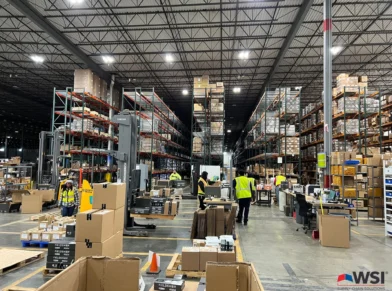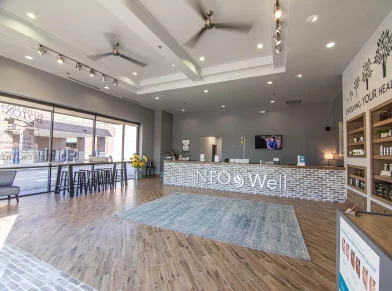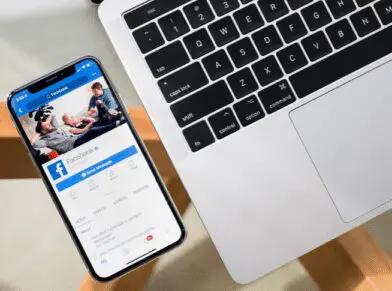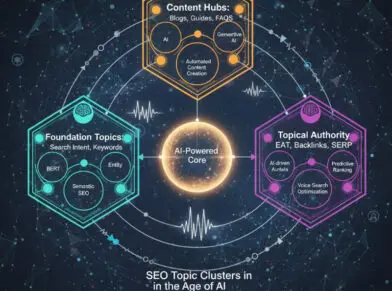SOCIAL SEARCH

If you’ve done a search on Bing or Google recently, you may have noticed the addition of “social circle” qualities included within the search results. For example, links that have been “liked” by members of your Facebook network may be pushed towards the top of the search results when searching with Bing. Or, if you’re using Google, you may see links that have been shared by members of your Twitter network included within the search results. This new feature of a social search allows a user to view more personally relevant results determined by the user’s social networks, making results unique to each person who has their own network of friends. Traditional search algorithms are used alongside the new social search feature, so search results will still appear normal if not shared or liked by anybody in your social network.
Through research, Bing states in a recent blog post that 90% of consumers look to their family and friends when making a purchase decision, and almost 80% of consumers will postpone a purchase decision until getting approval from a friend. Adding social qualities within the search results creates more of a conversational aspect to the search process, using the collective knowledge of the web as opposed to only facts and inbound links. Your friends, and the global community, can now help you discover information that is more relevant to you.
There was one issue with Bing’s social search that I found misleading when searching for a particular product. After searching for a specific product category, like cameras, it appeared on the search results page that a handful of my friends on Facebook liked some of the camera product pages on certain websites. In reality, that was not the case. My Facebook friends only liked the parent website that the products are listed under, i.e. Overstock.com, and not the actual product page. This may fool some consumers into making a purchase because they perceive they’re friends “liking” the product page when they actually have no interest in the product. Bing claims this will allow you to trust the source from which you are buying your product, but I don’t think users will view it that way.
Now you may be asking yourself, “What about Google?” Google still has a stronghold on the search process with a large following. Although Facebook and Bing have created a partnership to give Bing better access to Facebook’s information for search results, Google can also use your “social circle” to give you personally optimized and relevant results. Google uses Twitter, Flickr, Blogger, and other publicly available sites to show you results that people in your social circle have shared or recommended. It operates in a very similar way to the Bing social search, but without access to Facebook data. Google claims they will soon find a way to access Facebook’s data for similar search purposes, but I wouldn’t expect a partnership to form.
Google is also trying to implement a new social layer, called “+1”, which will allow a user to publicly approve of a link or website. This appears to be Google’s attempt to compete with Bing’s inclusion of Facebook data in their search results. Something tells me that it’ll be difficult for +1 to catch on with users, as there is already a wide assortment of social features and buttons on the web, and adding another might create more clutter for the user. Although, Google has surprised me in the past, so I can’t ever completely count them out.
I recently attended a seminar for the Dallas Ft. Worth Search Engine Marketing Association where they discussed these new social search features in detail. Their was much talk about creating valuable content that will entice viewers to like, share, or repost within their social circles. After all, content is the reason your brand gets shared. Finding the social “influencers” of the net and using them to share your content can help generate traffic and exposure. Conversations are happening right now about your brand, and real-time marketing should be implemented to be a part of that conversation. There is social relevancy in what is being said about your brand, and having a consistent presence in conversations will work in your favor.
How do these new social search feature effect your business? Are you going to have to change your current SEO tactics? Do you need a Facebook page? Will this benefit local search? Contact us today to learn how our team at Globe Runner can help your business adapt and benefit from these changes.



















